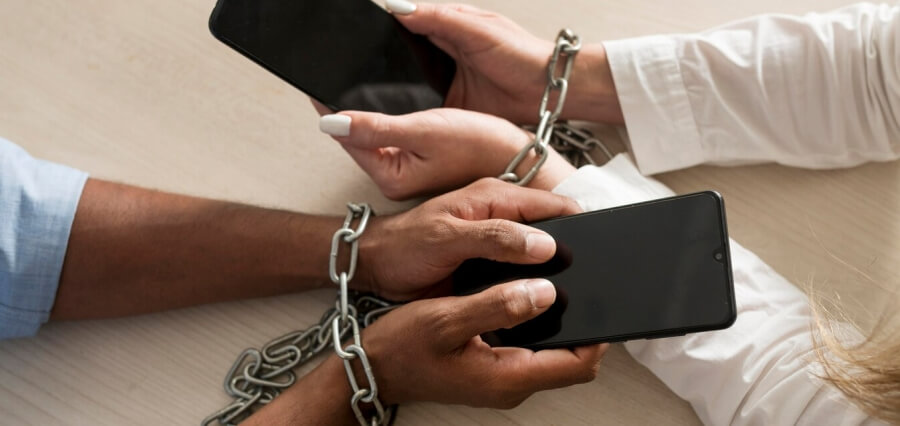It is no big secret that multimedia platforms influence popular opinion and spark debates regarding public perception of crime. Wrongful arrests happen all the time across the world, but how has the impact of the media influenced the outcomes of such incidents? This guide aims to explore the topic in more detail below.
What is a Wrongful Arrest?
To be legally arrested, there has to be lawful justification. Holding a person without cause or evidence is entirely unethical and goes against everything that the legal system stands for. A wrongful arrest has significant harmful impacts on the victim, and the repercussions stayed out of the spotlight for many years before the force of the media grew legs and gave the people a voice. If you believe that you have been wrongfully detained, you are justified to commence a legal challenge thereafter. This would take the shape of a wrongful arrest lawsuit and is an action worth pursuing wherever there is a just cause.
What Is the Role of Media in This Arena?
Media is anything from social platforms to news outlets that tell stories and provide facts to the general public. There are liberal, neutral, and republican channels, and some have a degree of bias while others relay factual accounts and feed off the people’s voices. Media such as this has challenged the norm and fights for fairness and equality for anyone who has been wrongfully arrested. While cases such as this were kept under the radar before, this is no longer an option.
Enforcing Accountability
One major thing that the media has provided for victims of incidents like this is enforcing accountability from the authorities. A police officer takes up the mantle to serve and protect, but when power is exploited and abused, wrongful arrests happen more often than can ever be accepted. Media exposes deliver the news in real-time and highlight the pledge of any victim in this situation by telling their story and digging into the evidence through independent channels. Officers of the law are, therefore, more accountable for their actions than ever, and it is an added layer of protection for the common civilian.
Sharing Stories
It is no longer the case that people go unheard and forgotten about. It is extremely easy for family and friends to contact local media outlets and relay a story. It is up to the media provision as to whether they take on a story and give it life, but it is often the case that they do. Sharing stories is a crucial part of finding justice.
Is It Always Beneficial?
The fact is, though the media has yielded positive results and served justice to many an individual, it is not always beneficial. When the public gets involved, the matter of opinion sometimes clouds the facts of the case. This is not always useful because it can move a legal matter away from the core purpose and sometimes lead to injustice.
As you can see, the media has a major role to play in the present-day path to seeking justice after a wrongful arrest has taken place. Drumming up interest and increasing exposure are useful to a certain extent, but they must be handled carefully and legally, too.


